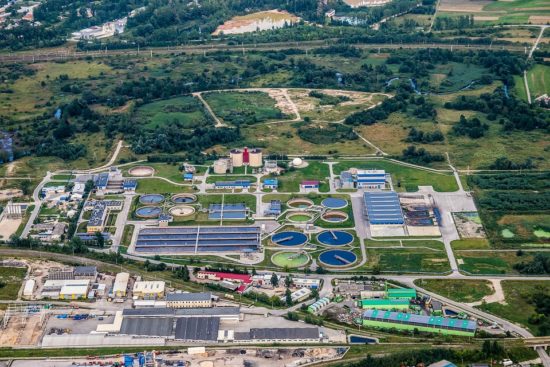Monitoring antibiotic resistance genes in wastewater treatment: Current strategies and future challenges
Antimicrobial resistance (AMR) is a growing threat to human and animal health. Progress in molecular biology has revealed new and significant challenges for AMR mitigation given the immense diversity of antibiotic resistance genes (ARGs), the complexity of ARG transfer, and the broad range of omnipresent factors contributing to AMR. Municipal, hospital and abattoir wastewater are collected and treated in wastewater treatment plants (WWTPs), where the presence of diverse selection pressures together with a highly concentrated consortium of pathogenic/commensal microbes create favourable conditions for the transfer of ARGs and proliferation of antibiotic resistant bacteria (ARBs). The recent emergence ARBs and ARGs as well as their potential health effects have re-defined the role of WWTPs as a focal point in the fight against AMR. By reviewing the occurrence of ARGs in wastewater and sludge and the current technologies used to quantify ARGs and identify antibiotic resistant bacteria (ARB), this paper provides a research roadmap to address existing challenges in AMR control via wastewater treatment.
AMR NEWS
Your Biweekly Source for Global AMR Insights!
Stay informed with the essential newsletter that brings together all the latest One Health news on antimicrobial resistance. Delivered straight to your inbox every two weeks, AMR NEWS provides a curated selection of international insights, key publications, and the latest updates in the fight against AMR.
Don’t miss out on staying ahead in the global AMR movement—subscribe now!







